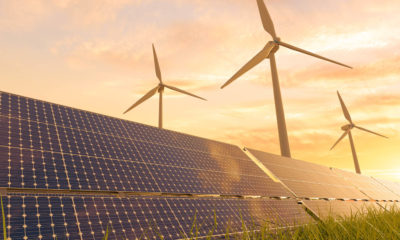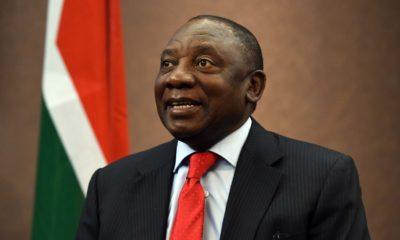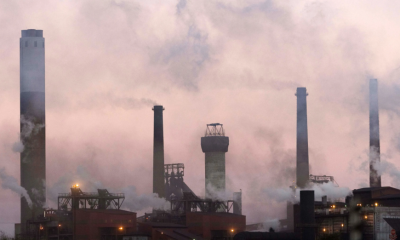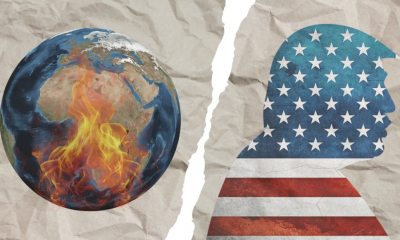News
Brics Unites Against EU’s ‘Discriminatory’ Carbon Border Tax
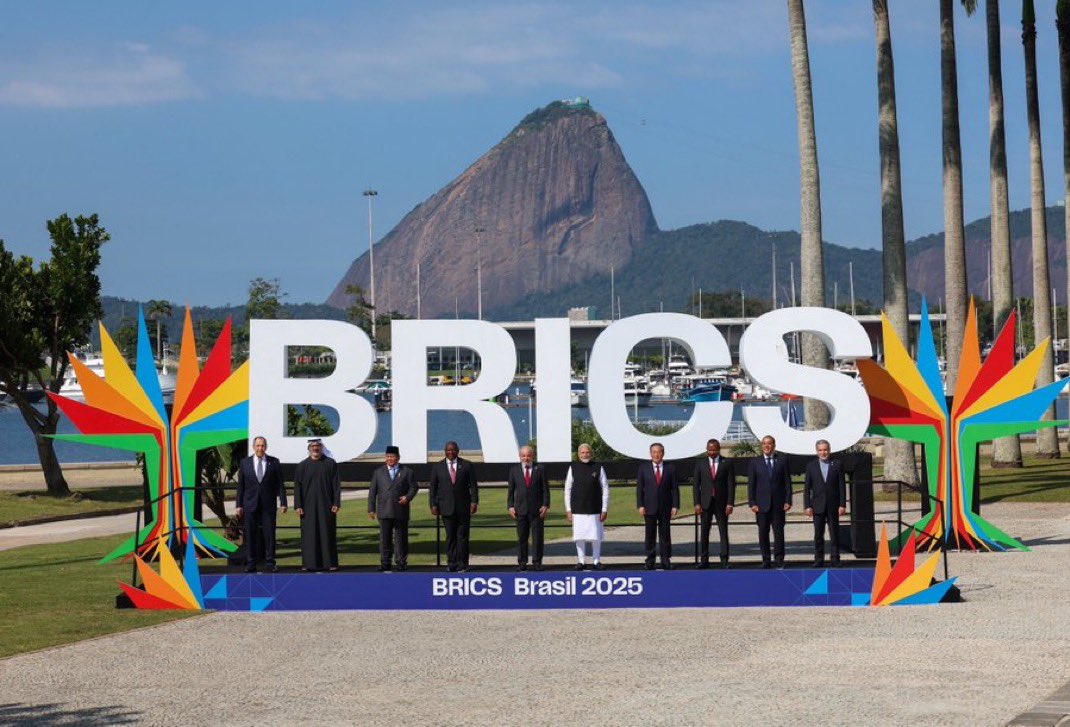
Developing economies call CBAM a threat to fair trade and climate justice
In a rare show of unified resistance, the Brics bloc, now expanded to 11 members, has fired a sharp rebuke at the European Union’s upcoming carbon border tax, calling it “punitive, unilateral and protectionist.”
The message, delivered in the group’s Leaders’ Framework Declaration on Climate Finance from Rio de Janeiro on Monday, takes direct aim at the EU’s Carbon Border Adjustment Mechanism (CBAM), which is set to kick in from 2026. Brics countries, including India, China, Brazil, South Africa and Russia say the EU plan is thinly disguised economic nationalism masquerading as climate policy.
What is CBAM and Why Is It Controversial?
The CBAM is a carbon levy on imports of high-emission goods like steel, aluminium, cement and iron. The idea is to prevent “carbon leakage” when companies move their production to countries with looser emissions rules.
But Brics sees it very differently.
“These measures are not in line with international law,” the bloc said in its declaration. “They undermine developing countries’ ability to pursue fair energy transitions and development priorities.”
For countries like India, a major exporter of steel and cement to Europe, the stakes are high. It has opposed CBAM from the start, even during free trade talks with the EU. South Africa, with its heavy reliance on coal and emissions-heavy exports, also stands to lose from additional tariffs.
A New Front in Global Climate Tensions
CBAM is becoming a flashpoint in the wider debate about who should pay for the global climate crisis. Brics argues that while it’s the wealthy nations that polluted their way to prosperity, it’s the developing world now being penalised with carbon tariffs.
The bloc called on rich nations to “urgently bridge the gap” between the emissions reductions they pledged and what they’ve actually achieved. They also want them to raise their ambitions, urging net-zero carbon targets to be brought forward from 2050 to as early as 2030.
In plain terms: “Stop taxing us and start delivering on your climate promises.”
The Money Gap: Still No $100 Billion
Perhaps the biggest elephant in the room is climate finance.
Brics leaders reminded developed nations of their unmet promise to deliver $100 billion annually by 2025 to help the Global South adapt and transition to cleaner energy. That figure should increase to $300 billion a year by 2035, they said.
“Substantial gaps remain,” the declaration reads. “We call for adaptation finance to double by 2025, compared to 2019 levels.”
This is particularly crucial for Africa, where droughts, floods, and rising temperatures are wreaking havoc on food security and infrastructure.
Reactions on the Ground: Unfair, But Also Inevitable?
On social media and in local commentary, reactions to CBAM have been mixed.
Some South African policy experts say the EU’s stance is unfair but expected, given rising environmental standards among Western consumers. Others argue it’s time for Brics nations to stop playing defence and start investing in green innovation.
“CBAM is a reality. Instead of crying foul, we need a domestic carbon policy that prepares our industries for the future,” one Johannesburg-based economist posted on LinkedIn.
Still, Brics’ firm stand in Rio suggests this will be a core battleground at the upcoming UN Climate Change Conference (COP30) in Belém, Brazil, later this year.
Brics is drawing a clear line in the sand: climate responsibility must be shared, not shifted. And trade tools like CBAM, no matter how green they sound, must be fair, equitable, and grounded in international consensus, not imposed by the powerful on the vulnerable.
As global climate rules tighten and carbon costs rise, the clash between economic justice and environmental urgency is just getting started.
Would you like a visual breakdown of which South African exports are most at risk from CBAM?
{Source: MSN}
Follow Joburg ETC on Facebook, Twitter , TikTok and Instagram
For more News in Johannesburg, visit joburgetc.com

